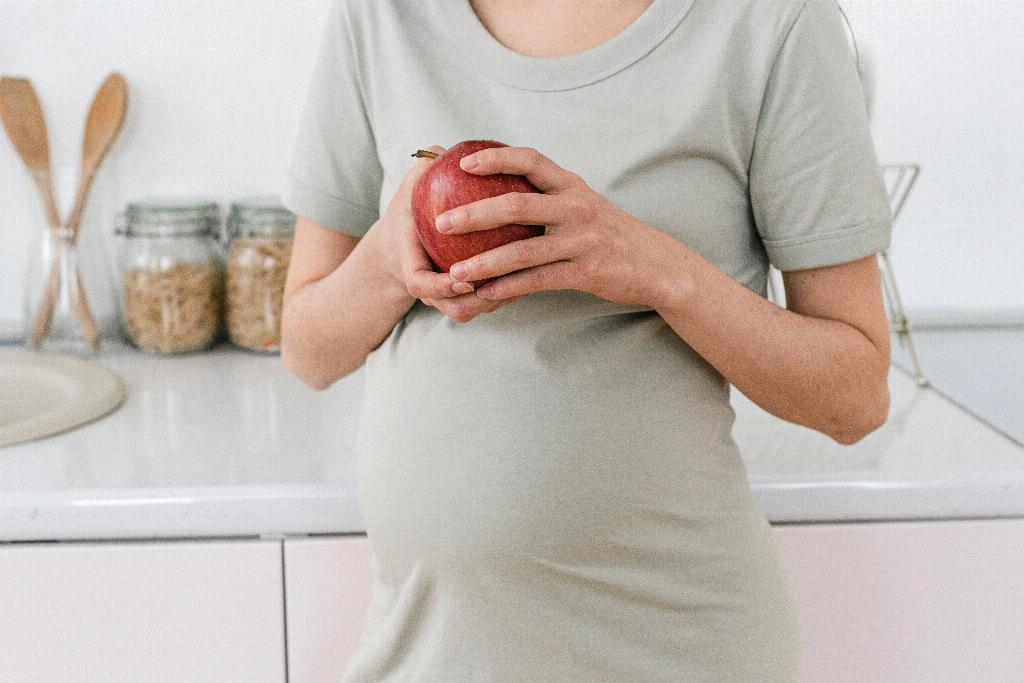During pregnancy, hypertension, also known as high blood pressure, can pose risks both for the mother and the developing fetus. While the exact causes of hypertension during pregnancy are not fully understood, several factors can contribute to this condition.
Potential Risk Factors
One significant risk factor for hypertension during pregnancy is a history of high blood pressure before pregnancy or during a previous pregnancy. This preexisting condition can increase the likelihood of developing hypertension during the current pregnancy.
Genetic Predisposition
Genetics may also play a role in the development of hypertension during pregnancy. If there is a family history of high blood pressure or pregnancy-related hypertension, the risk of developing the condition may be higher.
Lifestyle and Diet
Poor lifestyle habits, such as a sedentary lifestyle, unhealthy diet, and excessive weight gain during pregnancy, can contribute to the development of hypertension. Lack of physical activity and consuming a diet high in sodium and low in potassium can increase blood pressure levels.
Stress and Emotional Well-being
Psychological factors, such as stress and anxiety, can also impact blood pressure levels during pregnancy. Experiencing chronic stress or high levels of anxiety may contribute to the development of hypertension in pregnant women.
Metabolic Disorders
Underlying metabolic disorders, such as diabetes or kidney disease, can increase the risk of developing hypertension during pregnancy. These conditions can affect blood pressure regulation and lead to elevated blood pressure levels.
Placental Issues
Complications with the placenta, such as poor blood flow or abnormal development, can contribute to the development of hypertension during pregnancy. Placental problems can impact the supply of nutrients and oxygen to the fetus, leading to elevated blood pressure in the mother.
Hormonal Changes
Fluctuations in hormone levels, particularly an increase in certain hormones like cortisol, can affect blood pressure regulation during pregnancy. Hormonal changes can impact the function of blood vessels and contribute to hypertension.
Multiple Gestation
Carrying multiple babies, such as twins or triplets, can also increase the risk of developing hypertension during pregnancy. The added strain on the mother’s body from carrying multiple fetuses can lead to higher blood pressure levels.
Age and Obesity
Advanced maternal age and obesity are additional risk factors for developing hypertension during pregnancy. Women over the age of 35 and those with a high body mass index (BMI) are more likely to experience high blood pressure during pregnancy.
Conclusion
While the exact causes of hypertension during pregnancy may vary from one individual to another, it is important for pregnant women to be aware of the potential risk factors and take steps to maintain a healthy lifestyle. By staying active, eating a balanced diet, managing stress levels, and seeking regular prenatal care, women can help reduce their risk of developing hypertension during pregnancy.

